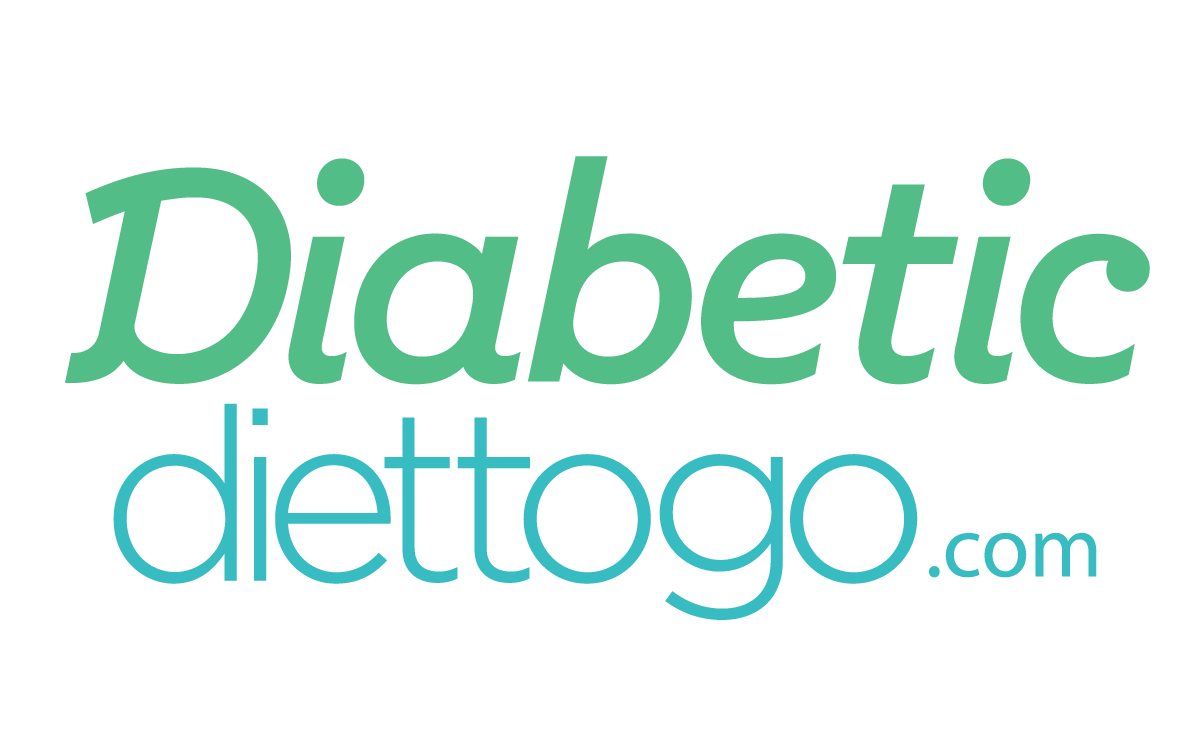Get Dairy Benefits without Drinking Milk: 5 Tips
Sep 14, 2010
Calcium is the most abundant mineral in the human body. We need at least 1,000mg of calcium a day to maintain good health. Sadly, most people put their health at risk and boost their odds of suffering osteoporosis and weakened bones by not getting enough calcium in their diet.
At most risk are those who are lactose intolerant, allergic to dairy, or just don’t like dairy foods.
Here's some good news: You can boost your calcium intake without drinking milk or eating other dairy products like yogurt or cheese.
Calcium is also found in dark green, leafy vegetables, such as spinach and Swiss chard. However, you often have to eat a lot of these veggies since you can only absorb about 5-10% of the calcium in these foods due to their oxalic acid content. Focus on low-oxalate greens such as bok choy, broccoli, Chinese cabbage, collard greens and kale to get the best absorption of calcium.
Other food choices for those seeking non-dairy calcium include dried beans and legumes which on the average will supply about 100mg of calcium per one-cup serving.
However, legumes, such as pinto beans, navy beans and peas, are high in phytate. Phytate and oxalate can also reduce the absorption of calcium. You can reduce the phytate level in beans and legumes by soaking them in water for several hours, discarding the water, and then cooking them in fresh water.
More obscure choices for calcium include almonds and sesame seeds. Where nuts are concerned, almonds have the highest calcium content at 70mg per one-ounce serving. As far as seeds go, the sesame seed supplies 220mg of calcium per one-ounce serving. However, you need to eat the whole seed, and not just the kernel, to get that amount of calcium.
Another option for those seeking calcium but not dairy: calcium-fortified foods such as orange juice, soy milk, protein shakes and cereals. Most of these products supply up to 25% of your daily intake for calcium.
If all else fails, consider taking a calcium supplement. Calcium supplements are extremely cheap, and if you are a growing teenager, pregnant or nursing, post-menopausal, you need even more calcium on a daily basis.
Remember you can only absorb about 500mg of calcium at any one time so spread out your supplementation so it does not interfere with the absorption of the calcium-containing foods you do consume during the day.
Rebecca Mohning is a Registered Dietitian and an Exercise Physiologist who believes that we can change our metabolism and achieve optimal health through proper nutrition and regular exercise. She has a Master's Degree in Exercise Physiology and a Bachelor's of Science in Dietetics from Iowa State University. She is a certified Personal Trainer by the American College of Sports Medicine. She specializes in weight management, performance nutrition, and eating disorders.









